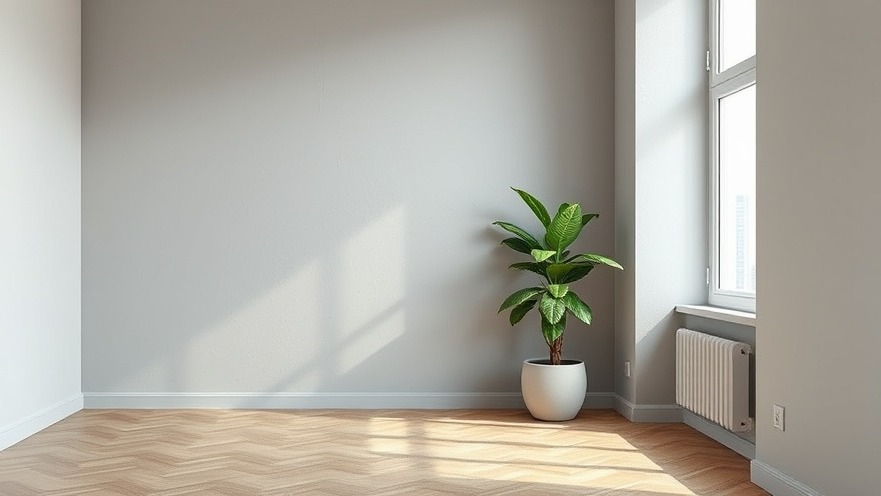
The Truth Behind Green Living: Unpacking 9 Common Myths
Curious about whether 'green living' is even worth the effort? The short answer is YES! While skepticism surrounds eco-friendly living, many myths persist that can deter homeowners from embracing sustainable practices. It's time to debunk these misconceptions and understand how achievable green living really is, starting with a closer look at nine prevalent myths.
Myth #1: Green Living Costs a Lot
This myth likely stems from initial expenses associated with purchasing reusable products. However, a straightforward comparison reveals that these costs can save money in the long run. For instance, reusable lunch pouches may have a higher upfront cost, but their longevity far outweighs the repeated purchases of single-use plastic bags. Moreover, resources like energy-efficient appliances quickly translate into savings on utility bills.
Myth #2: You Can’t Use Plastic
Though single-use plastic is increasingly discouraged, that doesn’t mean plastic is outright banned in green living. Many eco-conscious individuals opt for durable, recyclable plastic alternatives that help reduce waste. The key is to focus on minimizing plastic use as much as possible rather than eliminating it entirely.
Myth #3: Sustainable Living Takes Too Much Time
Initially, making the switch to sustainable habits may seem daunting, but many practices can be integrated with little effort. By slowly replacing everyday items with eco-friendly alternatives—like switching to bamboo toothbrushes or refillable soap dispensers—you can make the transition seamlessly without a time-consuming overhaul.
Myth #4: Thrifting is Your Only Shopping Option
While thrift shopping is an excellent way to recycle clothing and reduce waste, it’s not the only method of sustainable shopping. Many brands are now producing eco-friendly products designed for longevity. You don’t have to completely ransack your local thrift stores to adopt a sustainable lifestyle; instead, shopping consciously for new eco-friendly products is equally valid.
Myth #5: You Must Live Trash-Free
The challenge of living zero waste can feel intimidating to many. However, the ultimate goal should be progress, not perfection. Every effort to reduce waste, no matter how small, contributes to a larger movement of eco-conscious living. Commit to small changes like composting or reducing food waste—this path is more sustainable than an all-or-nothing approach.
Myth #6: Eco-Friendly Products are Less Effective
Many people hesitate to switch to green cleaning products or eco-friendly personal care items, fearing they won’t perform as well. However, as the demand for quality eco-friendly alternatives rises, many brands are now creating products that rival traditional cleaners in both effectiveness and gentleness on the environment. Explore brands that align with sustainable values to find high-performing products.
Myth #7: Labels Are Foolproof
It’s easy to think that terms like ‘biodegradable’, ‘natural’, or ‘plant-based’ equate to eco-friendliness, but that’s not always the case. Companies can market products with misleading labels. It’s essential to research brands and scrutinize their practices to ensure you’re making environmentally friendly choices.
Myth #8: It’s Too Hard
Transitioning to a greener lifestyle can feel overwhelming, but it can also be incredibly rewarding. By taking small, manageable steps—like initiating energy-saving home upgrades or choosing green building materials—you’ll find it far easier than anticipated. Being mindful of everyday choices cumulatively leads to substantial positive changes.
Myth #9: One Person Won’t Make a Difference
It’s easy to feel like individual actions are insignificant in combating global climate issues. However, collective collective change starts with individual decisions. Every eco-friendly choice, whether it’s adjusting your home’s energy efficiency or opting for sustainable remodeling, contributes to a broader positive impact.
Take the First Step Toward a Sustainable Future
Ready to embrace a greener lifestyle? By understanding these myths, you can make informed decisions that not only benefit you but also contribute positively to the environment. Start exploring sustainable renovation options today, and remember, every small step counts towards a healthier planet!
 Add Row
Add Row  Add
Add 




Write A Comment